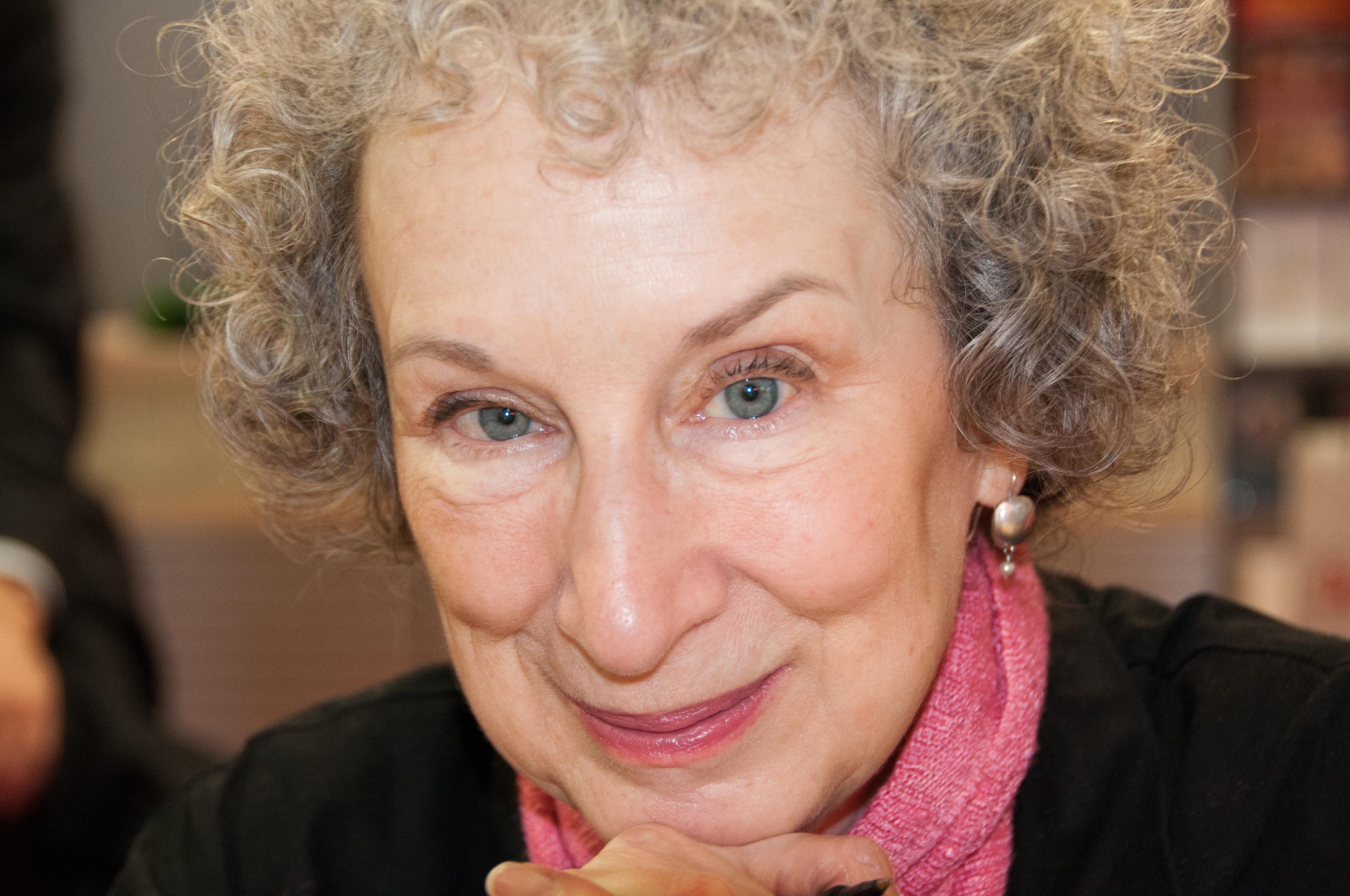
We the undersigned members of Artsfex condemn an alarming worldwide trend in which violent protest silences artistic expression that some groups claim is offensive. People have every right to object to art they find objectionable but no right whatsoever to have that work censored. Free expression, including work that others may find shocking or offensive, is a right that must be defended vigorously.
We call on artists, arts venues, protestors and the police to work together as a matter of urgency, to stand up for artistic free expression and to ensure that the right to protest does not override the right to free expression. This means that every possible step is taken to ensure that the art work remains open for all to see, while protesters voices are heard.
We must prevent the repetition of recent ‘successful protests’ in which the artist is silenced by threats of violence towards the institution, the work or the artist him or herself, as we saw with Exhibit B in London, and The City, the hip-hop opera by the Jerusalem-based Incubator Theatre company, which was disrupted and consequently cancelled earlier this year in Edinburgh.
Greater clarity around policing of controversial arts events is an essential first step. In the United Kingdom there is nothing at present in Association of Chief Police Officers guidance relating to the particulars of policing cultural events, except in reference to football matches and music festivals.
Controversial art triggers debate – and in the case of Exhibit B there was a huge outpouring of feeling in opposition to the work. A contemporary institution should anticipate and provide for this. Detailed planning such as this is important if the arts venue is to cater for both the artwork and the debate it generates.
We are concerned that unless arts institutions prepare procedures to manage controversy, including to develop strategies for working with the police to control violence, our culture will suffer as a result and become less dynamic, relevant and responsive.
Article 19
freeDimensional
Freemuse
Index on Censorship
National Coalition Against Censorship (US)
Vivarta
For further information, please call 0207 260 2660
About Artsfex
ARTSFEX is an international civil society network actively concerned with the right of artists to freedom of expression as well as with issues relating to human rights and freedoms. ARTSFEX aims to promote, protect and defend artistic freedom of expression, and freedom of assembly, thought, and opinion in and across all art disciplines, globally. http://artsfex.org/





